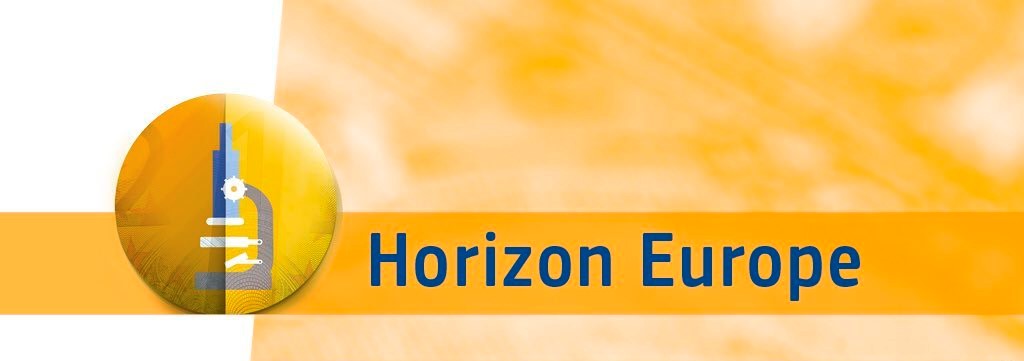3rd Innovation For Crisis Management (I4CM) 3-4 September in Warsaw
The Innovation for Crisis Management (I4CM) events aim to contribute to building a shared understanding in Crisis Management through the organisation of an annual event, allowing to address issues of common interest, to develop synergies between initiatives and to discuss the research roadmap for Horizon 2020 and beyond.
The event allows local practitioners and solution providers to meet and exchange on best practices and lessons learnt, while providing projects and initiatives with an opportunity to increase their visibility and impact and to liaise with any interested stakeholders, including organisations developing similar projects in other regions of the world. It intends to make projects in the field of Crisis Management accessible to a wider range of external stakeholders in a specific region.
The next edition of the I4CM will take place in Poland, at the Copernicus Research Center on 3rd-4th September 2018. Focusing on standardisation, multi-agency cooperation, interoperability and regional-national pressing issues, this event will also be the occasion to present the results of the first Trial organised in the frame of the project and to pave the way for the second Trial to be organised in France in October 2018.
For more information and to register, please visit this page: http://www.driver-project.eu/events-2/3rd-i4cm/


